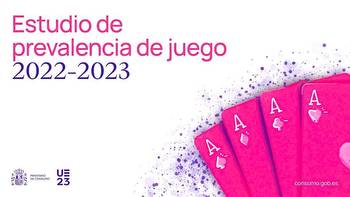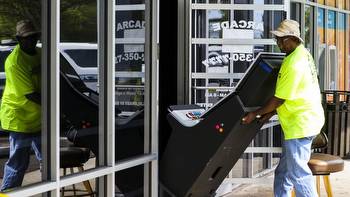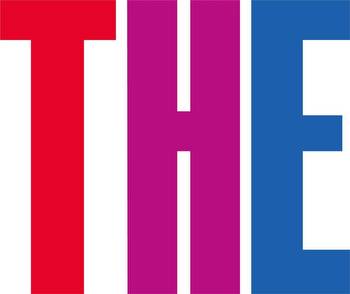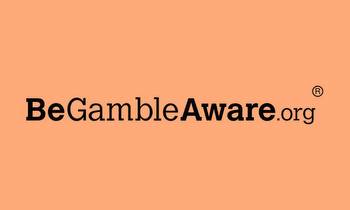Iceland’s university casino idea ‘preposterous’

The University of Iceland’s reliance on gambling income has come under fresh scrutiny after operators pitched expansion into online games and the opening of a casino, despite academics raising concerns about addiction.
Gambling is generally banned in Iceland, but the university is one of a handful of public service organisations permitted to run video slot machines and ticket lotteries. Iceland’s Justice Ministry is seeking to reform the industry to tackle illegal activity and addiction.
According to leaked proposals, the University of Iceland Lottery (HHÍ) suggested to a ministerial working group that operators be allowed to open a gambling hall and offer online bingo games, despite a university expert group warning of the current harms caused by the lottery.
Although there were limited data from Iceland, the academics highlighted foreign research findings showing that 60 per cent of revenues from slot-machine arcades come from players with gambling problems. “It can be firmly assumed that those with gambling problems account for a significant portion of the total income of Icelandic arcades,” said the authors, who include the vice-president of the university council and professors of law, ethics and psychology.
Henry Henrysson, a university ethicist who served on the group, said it was “absolutely clear” that the university should “scale down and ultimately close” its slot machines, adding that the casino and online ideas were “preposterous”.
“Not one person I have met on campus has been to a place with these slot machines, and I do not know anyone who would be happy if a family member went to such a place,” he said.
“That report is very clear. You cannot wait without taking some measures to protect these addicts,” said Kristján Jónasson, another academic who was not involved in the group.
But he said there was a “real possibility” that the Justice Ministry could back the proposals, because both it and the University Ministry were run by politicians who favoured light-touch regulation.
Bryndís Hrafnkelsdóttir, HHÍ’s chief executive, played down the proposals. “The casino idea was only thought of in the context of if the government were willing to expand the current gaming legislation, for instance with a live casino,” she said, adding that a lack of action against illegal online games was the real issue.
“The Icelandic authorities have been complacent by not fighting back against these websites, and one might argue that their idleness is the greatest threat to the Icelandic gaming and lottery market, both in terms of consumer protection and the revenue of Icelandic lottery companies,” Ms Hrafnkelsdóttir continued, adding that the lottery recognised the “challenges and potential harm” that video slot machines could cause, having started work on a player-linked access card of its own initiative.
Dr Henrysson said slot machine design had become “much more aggressive” in recent decades, while at the same time societal expectations around funding ethics had become higher.
“It matters more where funding comes from,” said Dr Henrysson. “The norms in society have frankly changed. No one wants to be on campus with an Epstein-funded research facility,” he said, referring to Jeffrey Epstein, the deceased multimillionaire, sex offender and occasional research funder.
He said that while player cards could offer spending limits and exclusions for problem gamblers, they would also “significantly lower” income for the university.
Dr Henrysson argued that increased public funding for universities was the answer. “The lottery will continue to bring in some funds, but the most important thing right now is to enter negotiations with the government [on] how to bridge the gap in the coming years,” he said.




































